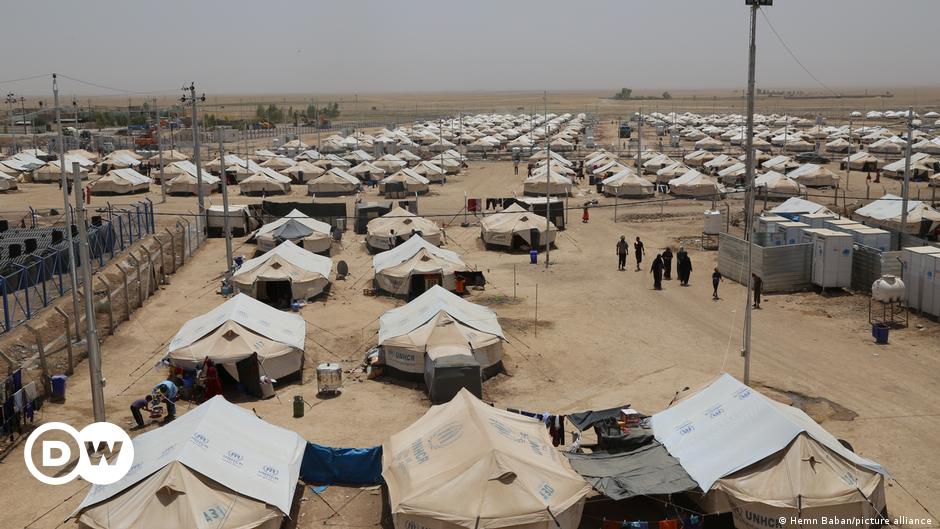Video footage of clashes and protests at the Makhmour refugee camp in northern Iraq, southwest of Erbil, appear to show Iraqi army and security forces in a standoff with camp residents. The camp houses more than 10,000 refugees and has been targeted by Turkey in the past.
Turkey has said the refugee camp contains “terrorists,” and that the Kurdistan Workers Party (PKK) is active in it.
The full story of why the Iraqi army is appearing to suddenly attempt to enter the camp is unclear. It does, however, come amid Turkish upcoming runoff elections and growing involvement by Turkey in northern Iraq.
The Kurdistan Regional Government is in charge of affairs in the autonomous Kurdistan Region in northern Iraq. But it does not control the refugee camp, which is on the border of the Kurdistan Region and the rest of Iraq. For years, there have been controversies around the camp due to claims the Iraqi army wants to blockade and “demilitarize” it.
“Footage shared by the camp’s administration and PKK-affiliated media online shows a large force of the Iraqi army gathered near the camp with armored vehicles,” Rudaw media in Erbil reported. “The army’s presence angered residents, who staged a sit-in near the perimeter of the camp to prevent the army from advancing.”
The camp is important for Kurdish residents
Rudaw said the Iraqi military had not responded to its queries.
“Last year, a senior Iraqi security advisor said the Iraqi government was making preparations to take full control of Makhmour Camp, which he said Baghdad lost control of when the Islamic State (ISIS) swept through vast swathes of northern Iraq in 2014,” Rudaw reported.
The overall context is that the camp is important for Kurdish residents, but it also has been a source of continued friction and controversy among the KRG, the Iraqi government and Turkey.
Iraq wants to assert its sovereignty, but it also does not appear to be able to control its borders very well. It has continuing problems in Sinjar, in reining in pro-Iranian militias and paramilitaries and in preventing Turkish operations in the north and Iranian attacks against dissidents.
Source : Jerusalem Post































